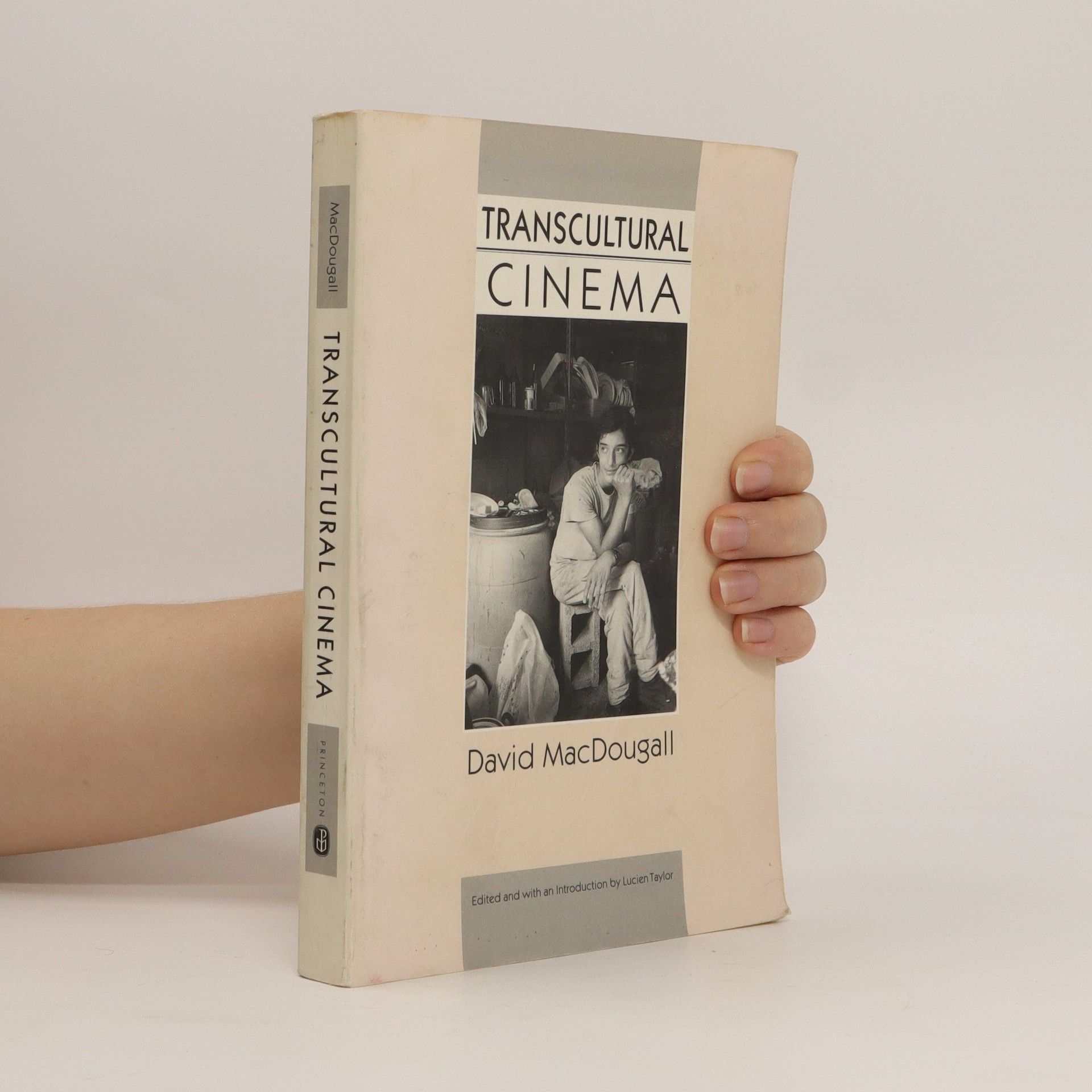Introduction / Lucien Taylor -- 1. The Fate of the Cinema Subject -- 2. Visual Anthropology and the Ways of Knowing -- 3. The Subjective Voice in Ethnographic Film -- 4. Beyond Observational Cinema -- 5. Complicities of Style -- 6. Whose Story Is It? -- 7. Subtitling Ethnographic Films -- 8. Ethnographic Film: Failure and Promise -- 9. Unprivileged Camera Style -- 10. When Less is Less -- 11. Film Teaching and the State of Documentary -- 12. Films of Memory -- 13. Transcultural Cinema.
David MacDougall Livres




The Corporeal Image
- 336pages
- 12 heures de lecture
Building upon the ideas from his Transcultural Cinema, the author argues for a different conception of how visual images create human knowledge in a world in which the value of seeing has often been eclipsed by words. In ten chapters, he explores the relations between photographic images and the human body.
Francis Alÿs
The Nature of the Game
The Belgian artist Francis Alÿs (b. Antwerp, 1959) makes work that is as multifaceted as it is poetically subversive. Straddling the line between performative conceptual art and community intervention, his films and drawings chart the political and social realities of urban spaces. One of his most imposing long-term projects is Children's Games, for which he documents children playing all over the world, from Paris and Mexico City to the Yezidi refugee camp Sharya in Iraq. The richly illustrated book contains ideas and sketches he compiled in preparation for this series. An essay by David MacDougall embeds Alÿs's observations of children's play in the contexts of childhood studies as well as the history of ethnographic documentary film.
A personal perspective on documentary filmmaking, based on the author's own experiences and reflections on the genre, with a particular emphasis on observational cinema. It includes both practical insights into filmmaking methods and discussions of the intellectual, ethical and emotional challenges of attempting to portray others on film. -- .